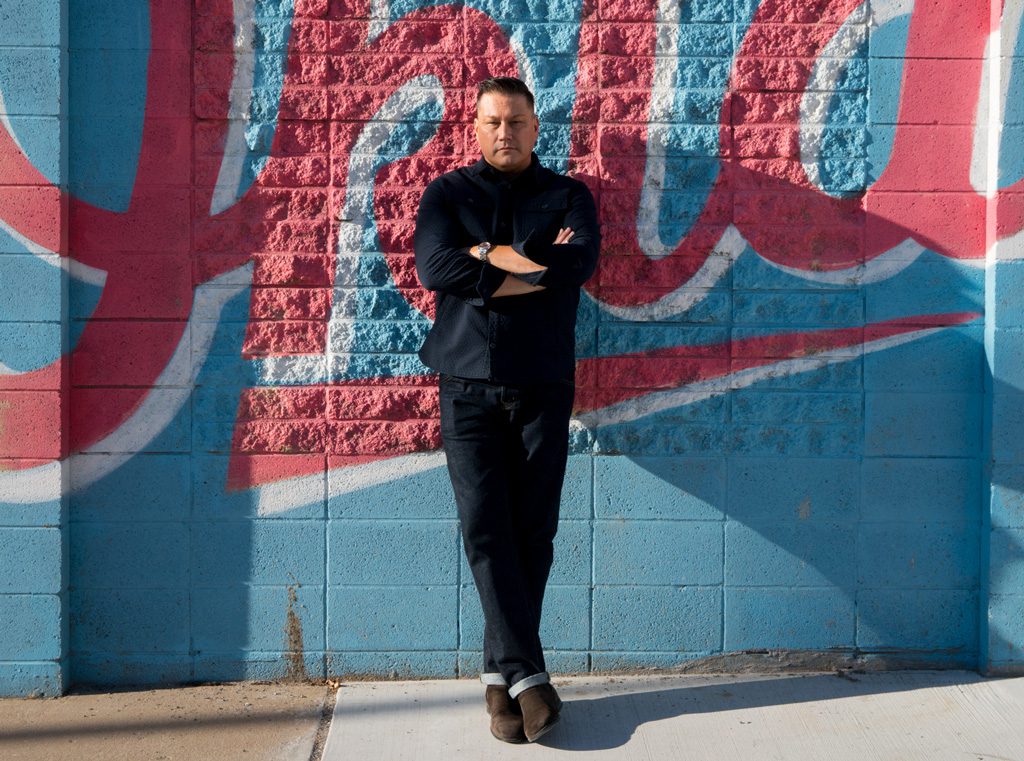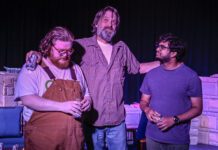
When Tulsa-born Gary “Litefoot” Davis began his career as a musician and actor, he knew he took a chance.
“I resolved myself to this truth: that no matter how hard it got on my journey to success, that betting on myself would be the best bet I could ever make,” Davis says.
That bet has led to a years-long career spanning multiple media and disciplines, including TV and film acting, writing and credit as the first major Native American rap artist.
“Over the years, people who have come to know me have done so mostly through my music or movies,” says Davis, who is Cherokee.
His successes include roles such as Little Bear in The Indian and the Cupboard as well as albums like 2008’s Relentless Pursuit – but what people haven’t seen, Davis says, is the marketing and entrepreneurial work that propelled him to success in the first place.
“What they might not know about me is that, from day one, I was also the person behind the scenes figuring out how to market and promote my musical endeavors,” he says, “as well as how to self-capitalize my dream, placing time frames around what I endeavored to accomplish and prioritizing my goals.”
While promoting a message through his art has always been “vitally important to me,” Davis says, it was equally important to make sure people could find out about him. To that end, his very first business was created: Red Vinyl Records.
“I knew from early on, in order for people to hear my message, I had to figure out how to get it out there so that it could be heard,” he says. “So for longer than I have been a rapper, I’ve been an entrepreneur. For longer than I’ve been an actor, I have been an entrepreneur.”
In addition to his artistic career, he’s responsible for a range of operations, including a consulting group (Davis Strategy Group, which he manages with his wife, Carmen), a clothing line (Native Style Clothing), and authorship and self-publication of his book, The Medicine of Prayer.
He also serves as the executive director of the Native American Financial Services Association.
His business ventures have taken the front seat lately, Davis says.
“My involvement with leading national Native American business organizations has stemmed from my desire to contribute to growing and sustaining economic prosperity for future generations of Indian Country,” he says. “I know what entrepreneurship has done for me, and I want to see thousands more Native entrepreneurs become masters of their destinies.”
That drive to promote and support Indian Country fuels much of his work and provoked what he describes as his most arduous endeavor. The Reach the Rez Project, announced in 2004, was a yearlong, 54,000-mile trip to provide more than 200 motivational and musical events. The project also produced educational magazines and a weekly radio program, which Davis uploaded to reservation radio stations as he traveled.

























